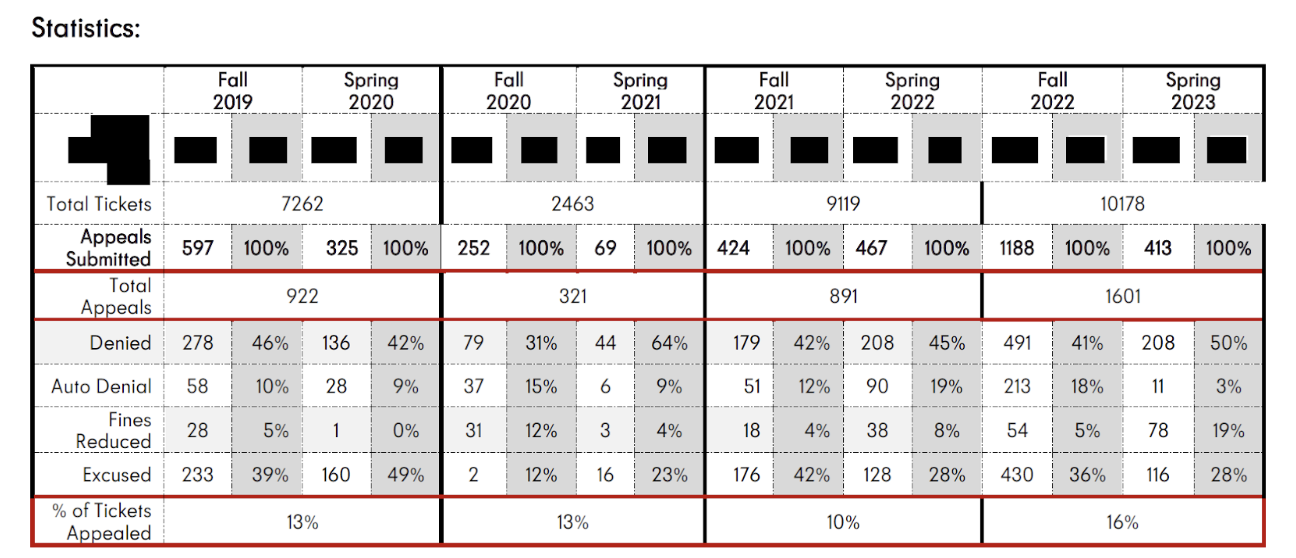By Amanda Phillips
Contributing Writer
Sexual assault in relationships is commonly overlooked because humans tend to view the word “relationship” as a form of consent. Abused Women’s Aid in Crisis reported that 24 people per minute are victims of rape, physical violence or stalking by an intimate partner in the U.S.; this totals to more than 12 million women and men over the course of a year.
Nearly three out of 10 women and one out of 10 men in the U.S have experienced rape, physical violence and/or stalking by a partner and report a related impact on their functioning, according to Christine Benero from the National Domestic Violence Hotline. These statistics increase with LGBTQ+ individuals.
The question remains: why do so many view the word “relationship” as an equal to the word “consent?”
Sometimes it is assumed that the relationship status makes consent automatic. Whether someone is married, dating or close friends, consent is not ruled by the status of the relationship. A person in one of these relationships has the right to turn down any sexual act at any time. Consent is not a legal contract.
If a person is unconscious, under the influence or unable to understand what they are agreeing to, consent is not granted. It’s often reported people assumed that because someone was drinking and said yes, that means they consented, and this is a problem.
So, how can this change? Before discussing the prevention of sexual assault in relationships and what the keys are to building healthy relationships, sexual assault and consent must be discussed.
As of September 2018, only 24 states and the District of Columbia mandate sex education in public schools. Of those, only eight states require the mention of consent or sexual assault as reported by the CNN Health panel. In elementary school, students are briefly taught about inappropriate touching, and in middle school and high school, students are typically taught about protection and abstinence as well as reproduction.
In college, though, the topic of assault arises more frequently. For instance, if a sexual assault occurs on campus, emails are sent out stating that it occurred and if you feel unsafe in someone’s presence to report it. Consent rarely comes up or is mentioned in these emails.
In a survey, 44 randomly selected and anonymous people were asked what the word “consent” means to them and if a relationship is bound for consent. Their age, whether they were students and occupation/desired occupation were contributing factors but did not impact the results. As a result, it was found that the majority felt consent is not ruled by a relationship. Nine of the 44 people stated that being in a relationship is consent.
Survey participants offered a variety of responses to the question of what consent means. Some of the responses included “asking before sex,” “all parties knowingly agreed to do something without any coercion or blackmail” and “consent hinges on all participants fully comprehending the acts they’re participating in, agreeing to them verbally and feeling comfortable in doing so.”
We should be able to enter long term relationships without the harsh reality that there are sexual assault cases coming from relationships, without the fear that a significant other may have the wrong idea of what consent means. We should live our lives knowing that at some time everyone was taught consent, and it has been ingrained into our minds enough to the point that there isn’t a new story about a sexual assault case in the media every other week. If consent can be taught through relationships, it can be taught in other ways. It cannot change everyone, but it could change enough, and it starts with education.





Leave a Reply